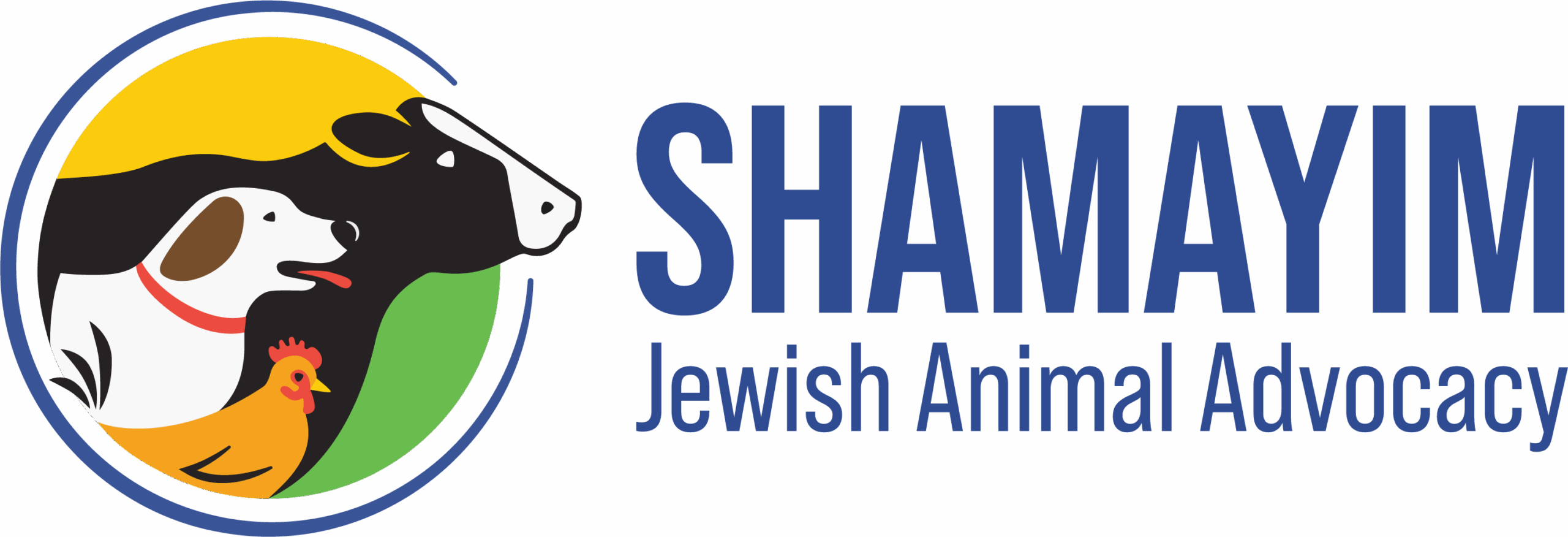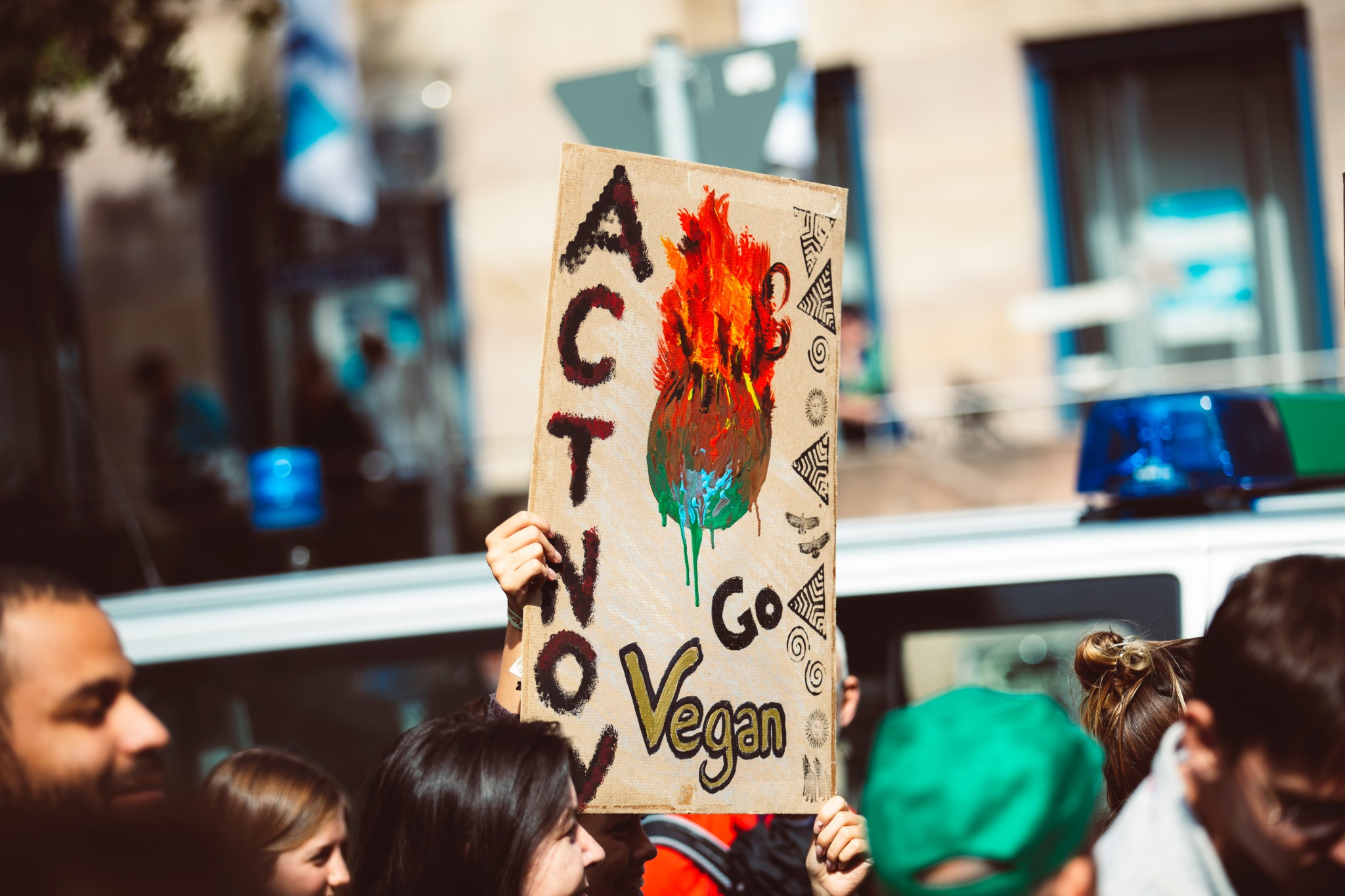December 20th, 2019
ALEX WEISZ
In this week’s Parsha, Jacob’s sons find themselves particularly frustrated with their brother, Joseph. Joseph is Jacob’s favorite son, the son of Jacob’s favorite wife, Rachel, who happily reports his brothers’ bad behavior to their father, while being rewarded with special material gifts and preferential treatment. Certainly, his brothers cannot be blamed for their frustration with their brother, especially after he tells them about his dreams of all of them bowing before him. Their plot to murder Joseph, toned down to selling him to slavery, cannot be justified – but their irritation with him is understandable. It is noteworthy that Joseph has been known by commentators for centuries as Yosef HaTzaddik – Joseph the Righteous. Certainly Joseph’s actions in the coming chapters are commendable, as is his eventual forgiveness of his brothers. Nevertheless, it is worth asking: is Joseph righteous, or is he simply self-righteous?
With that said, Joseph’s critics within the narrative, most notably his brothers, are not exactly the most positive benchmarks for righteousness, from Simeon & Levi’s genocidal retaliation to their sister Dina’s rape, to Reuben’s affair with his step-mother, to Judah leaving his daughter-in-law in what is perhaps the earliest incident of a woman being left an agunah, unable to re-marry despite the dissolution of her marriage. Despite Joseph’s youthful self-aggrandizement, perhaps we should consider how other tzaddikim in our time are responded to by those who resent or feel threatened by their righteousness. Tzaddikim from Martin Luther King, Jr. and Caesar Chavez, to Greta Thunberg, the teens of Marjory Stoneman Douglas High School, and the women of #MeToo demonstrate the way that prophetic voices are attacked for their righteous stands by those whose wicked ways are being exposed.
On a more mundane level, many of us experience this very phenomenon as vegans! To be clear, it would be absurd to suggest that veganism causes significant personal danger to any of us – certainly, our Judaism does that far more than our ethical dietary choices. In fact, other than the factory farming industry, most people don’t resent vegans out of feeling threatened – rather, they resent vegans because they feel judged. This is a serious problem to consider, as this is counterproductive to the reality that for any of the least severe projections of the climate crisis to be attainable, the consumption of animal products in the United States and other developed nations need to plummet to a minuscule fraction of current rates. We cannot afford for folks to reject adopting dramatic reductions of their consumption of animal products, simply because they find the behavior of those who already do to be obnoxious.
In the past, I have been critical of the idea of veganism as a source of identity. Millions of human lives while billions, if not trillions, of animal and plant lives, will be spared if we are successful in framing plant-based eating as one of the central steps to be taken to combat the climate crisis, rather than plaguing this objectively rational solution to the laborious rabbit-hole of identity politics. As someone who has only been eating plant-based for a little over a year, I have had to take major steps to consider how my passion and excitement around my recent ethical stands are perceived by others. While my earnestness surrounding the great recipes, alternative products, and delicious culinary adventures have been entirely innocent, my passing citation and criticism of statistics and facts surrounding the factory farming industry left many of those closest to me, the patrons and consumers of the products of those industries, to feel judged by me. In addition to the rift this caused, it most certainly was not motivating any of them to move towards a reduction or elimination of their consumption of animal products – at least, not in the short term. I am sure many of you have experienced a similar situation, which is especially upsetting when no ill-will was intended at all.
One of the consequences of the injection of plant-based eating into the world of identity politics is the disturbing symptom of ideological purity surrounding this cause, which accomplishes nothing but exacerbating this very issue! The creation of an in-group/out-group dynamic surrounding plant-based eating is yet another nail in the coffin of our planet’s future. In fact, individuals poised to this toxic disposition are little better than climate deniers. For our work to be successful, we need to cast a wide net – inviting and welcoming people to join us in outright rejection of consuming animal products, while encouraging others to make incremental steps in the short-term. As a recent study showed, the environmental impacts of folks who are vegan for only two of their three daily meals are lower than those who are fully vegetarian all the time.
In our time, we must be particularly conscious that our expressions of righteousness are humble and compassionate ones, lest we risk alienating too many potential partners in the widespread coalition we need to very quickly develop and mobilize. The movement away from consumption of animal foodstuffs is neither fad nor fashion – it is an expression of compassion and justice in the face of the most perilous era in the history of our species and planet. For while Joseph’s righteousness was humbled and refined through his personal challenges, we have no room for failure.
In Jewish law, ritual purity can be attained through the temporary cleansing of water – or by the more permanent cleansing of fire. This Shabbat, each of us must remind ourselves to be a gentle, guiding light in these dark times – not a raging blaze that burns all in the name of purity.
Wishing you all a Shabbat of humility, patience, and love.
Shabbat Shalom.


Leave a Reply